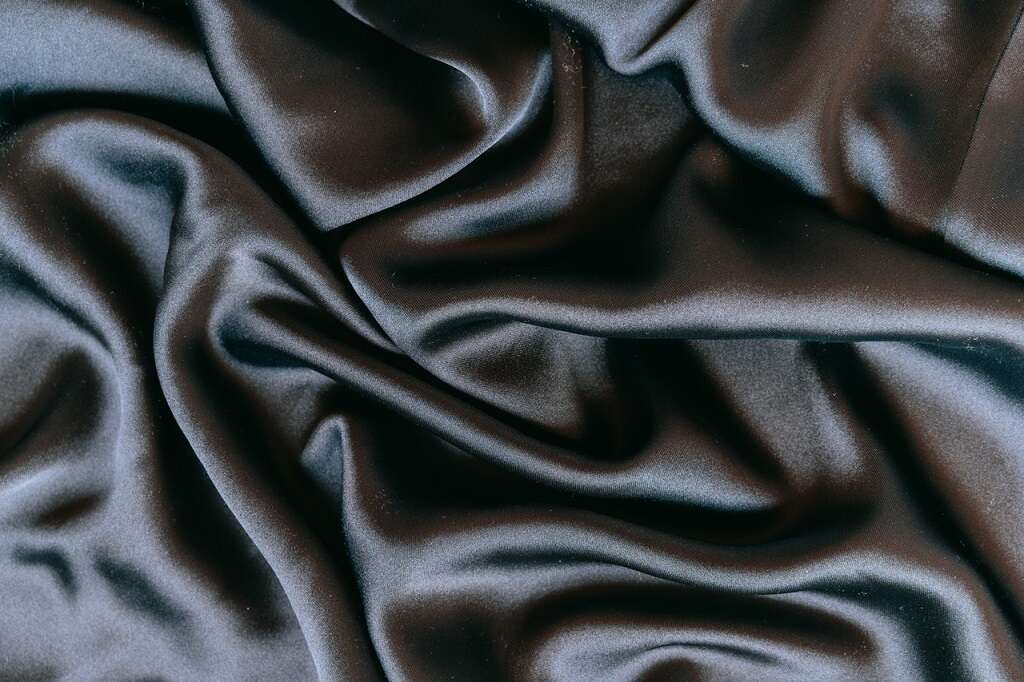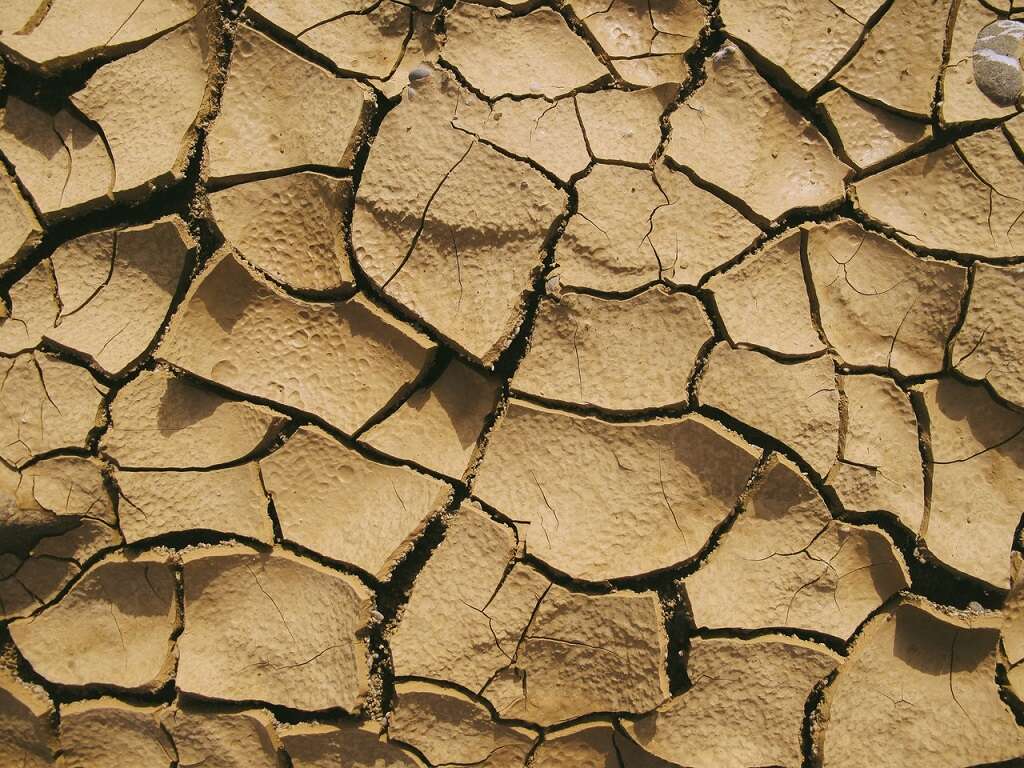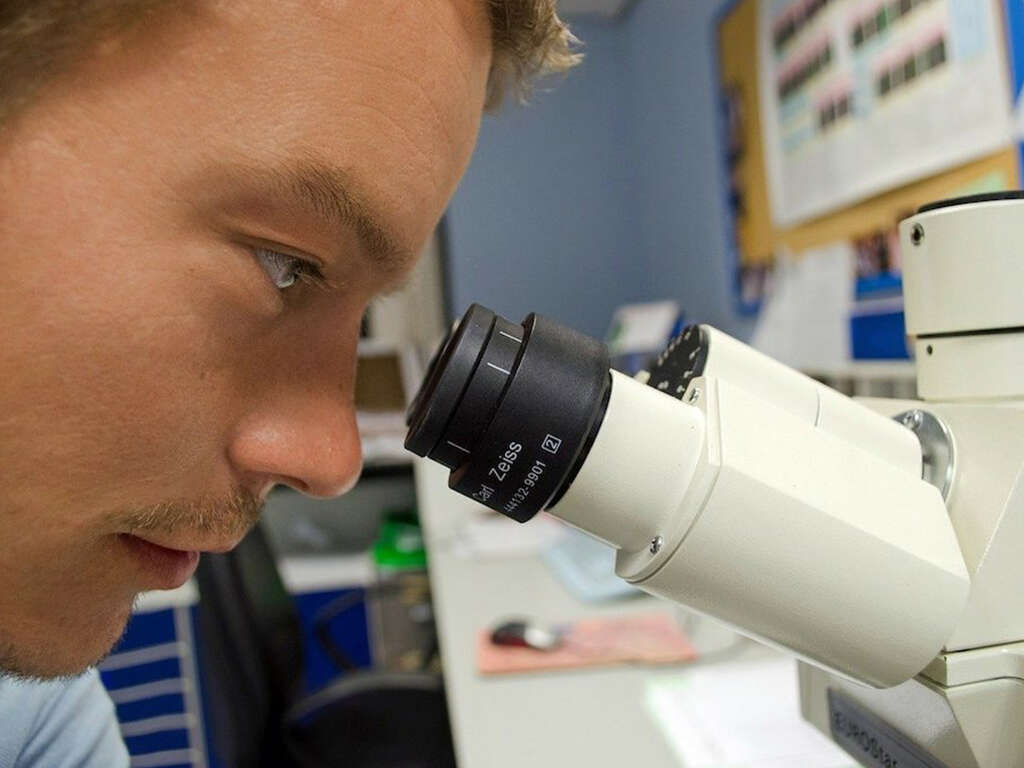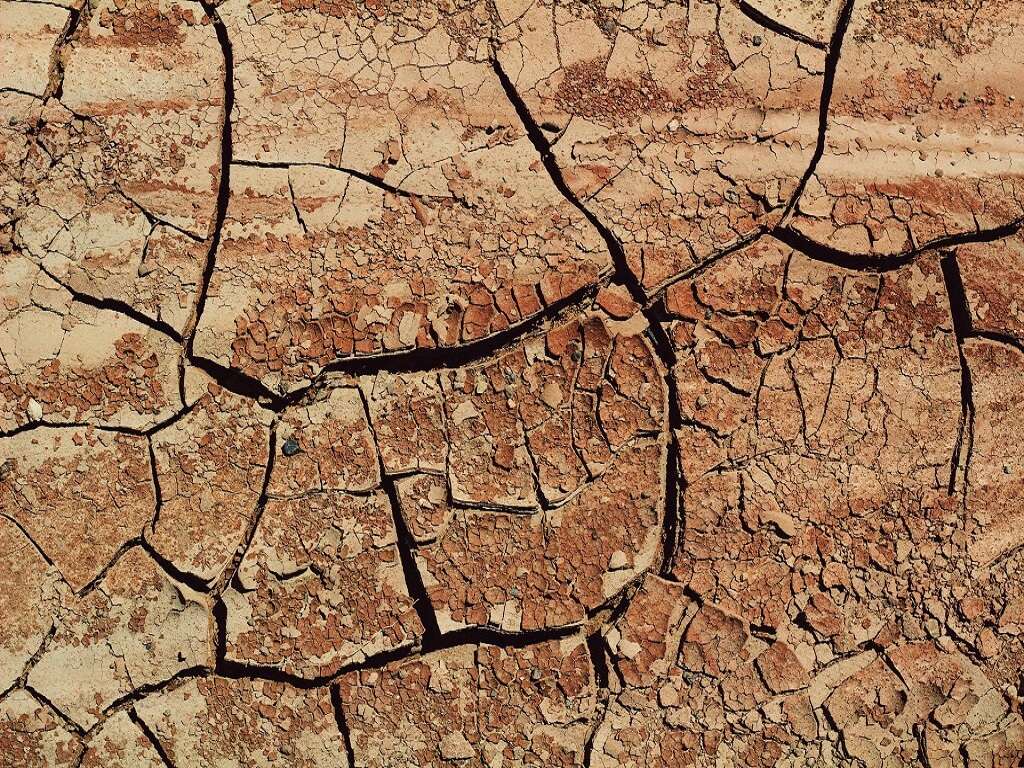Acanthosis Nigricans Symptoms, Causes & More
 Article Sources
Article Sources
- 1. Miller, Jason H. 'Acanthosis nigricans: Background, Pathophysiology, Etiology.' Medscape, 18 May 2021, emedicine.medscape.com/article/1102488-overview
- 2. Mayo Clinic. 'Acanthosis nigricans - Symptoms and Causes.' Mayo Clinic, 9 June 2020, www.mayoclinic.org/diseases-conditions/acanthosis-nigricans/symptoms-causes/syc-20368983
- 3. Kids Health. 'Acanthosis nigricans (for Parents) - Advocate Health Care.' Kids Health, 2021, kidshealth.org/Advocate/en/parents/acanthosis.html
- 4. Mayo Clinic. 'Acanthosis nigricans - Diagnosis and Treatment - Mayo Clinic.' Mayo Clinic, 9 June 2020, www.mayoclinic.org/diseases-conditions/acanthosis-nigricans/diagnosis-treatment/drc-20368987
- 5. DermNext. 'Acanthosis nigricans.' DermNet, 2021, dermnetnz.org/topics/acanthosis-nigricans
- 6. The American Academy of Dermatology Association. 'Acanthosis nigricans: Diagnosis and Treatment.' The American Academy of Dermatology Association, 2021, www.aad.org/public/diseases/a-z/acanthosis-nigricans-treatment
- 7. Phiske, MeghanaMadhukar. 'An Approach to Acanthosis nigricans.' Indian Dermatology Online Journal, vol. 5, no. 3, 2014, p. 239. Crossref, doi:10.4103/2229-5178.137765
- 8. 'Symptoms.' Nhs.Uk, 9 Dec. 2019, www.nhs.uk/conditions/atopic-eczema/symptoms
Acanthosis nigricans is a relatively common skin pigment disorder, and it's estimated that 7.1 percent of people in the U.S. have acanthosis nigricans.1Miller, Jason H. ‘Acanthosis nigricans: Background, Pathophysiology, Etiology.’ Medscape, 18 May 2021, emedicine.medscape.com/article/1102488-overview The condition causes people to experience darker and velvety skin manifestations in the folds and creases of the body. It's also not uncommon for those with acanthosis nigricans to experience thickening of the affected skin. For most, this condition affects the armpits, neck and groin. However, the disorder can affect any area of the skin.2Mayo Clinic. ‘Acanthosis nigricans - Symptoms and Causes.’ Mayo Clinic, 9 June 2020, www.mayoclinic.org/diseases-conditions/acanthosis-nigricans/symptoms-causes/syc-20368983
Acanthosis nigricans is a noncontagious condition, so patients shouldn't be concerned when exposing affected areas or having contact with others.3Kids Health. ‘Acanthosis nigricans (for Parents) - Advocate Health Care.’ Kids Health, 2021, kidshealth.org/Advocate/en/parents/acanthosis.html

1. Symptoms of Acanthosis Nigricans
Skin changes are the most obvious symptom of acanthosis nigricans. Typically, the first sign of the condition is darkening of the skin in areas that naturally crease. Other symptoms include a velvety feeling of the skin and thickening in affected areas.2Mayo Clinic. ‘Acanthosis nigricans - Symptoms and Causes.’ Mayo Clinic, 9 June 2020, www.mayoclinic.org/diseases-conditions/acanthosis-nigricans/symptoms-causes/syc-20368983 Less common symptoms include itching and small growths in the affected areas. Some individuals may also develop an odor.2Mayo Clinic. ‘Acanthosis nigricans - Symptoms and Causes.’ Mayo Clinic, 9 June 2020, www.mayoclinic.org/diseases-conditions/acanthosis-nigricans/symptoms-causes/syc-20368983
While these symptoms may be distressing, they are not generally considered dangerous. However, it's recommended that those experiencing these symptoms seek medical treatment in case of an underlying disease.

2. Common Causes of Acanthosis Nigricans
There are several associated causes of acanthosis nigricans. Insulin resistance is the most common trigger, and the condition is regularly seen in conjunction with type 2 diabetes. In some cases, acanthosis nigricans occurs as a result of hormonal issues, such as ovarian cysts and thyroid conditions.
Those on niacin supplement , birth control pills and prednisone tablets are also more likely to develop acanthosis nigricans because these medications can cause elevated levels of insulin. The condition can also be caused by cancer, in rare cases.2Mayo Clinic. ‘Acanthosis nigricans - Symptoms and Causes.’ Mayo Clinic, 9 June 2020, www.mayoclinic.org/diseases-conditions/acanthosis-nigricans/symptoms-causes/syc-20368983

3. Risk Factors for Acanthosis Nigricans
Certain at-risk groups are more likely to experience acanthosis nigricans. Obesity is the most impactful risk factor due to its connection to insulin resistance. The heavier a person is, the more likely they are to develop acanthosis nigricans.
Race can also put people at a predisposition for the disorder. Acanthosis nigricans is typically associated with darker skin, so those with naturally darker skin pigment are most likely to develop the condition. There is also research to suggest that acanthosis nigricans is hereditary.2Mayo Clinic. ‘Acanthosis nigricans - Symptoms and Causes.’ Mayo Clinic, 9 June 2020, www.mayoclinic.org/diseases-conditions/acanthosis-nigricans/symptoms-causes/syc-20368983

4. Diagnosing Acanthosis Nigricans
Acanthosis nigricans is diagnosed based on a clinical evaluation of the skin. This evaluation can be carried out by a primary care doctor and is a simple process. In some cases, primary care doctors may request a skin biopsy to diagnose the condition.
If acanthosis nigricans is suspected, but the cause is unknown, doctors may also request further tests, such as blood tests and X-rays to rule out any underlying conditions, such as diabetes.4Mayo Clinic. ‘Acanthosis nigricans - Diagnosis and Treatment - Mayo Clinic.’ Mayo Clinic, 9 June 2020, www.mayoclinic.org/diseases-conditions/acanthosis-nigricans/diagnosis-treatment/drc-20368987

5. Acanthosis Nigricans Classifications
After receiving a diagnosis of acanthosis nigricans, patients are classified as having either benign acanthosis nigricans or malignant acanthosis nigricans.
Benign acanthosis is hereditary or caused by obesity, insulin resistance or other endocrine issues. On the other hand, malignant acanthosis nigricans is a result of tumors or cancer, such as stomach cancer.5DermNext. ‘Acanthosis nigricans.’ DermNet, 2021, dermnetnz.org/topics/acanthosis-nigricans It's important to know the classification of acanthosis nigricans, as it will determine the treatment method used.

6. Managing Acanthosis Nigricans
Typically, managing acanthosis nigricans is a straightforward process and depends on the underlying cause of the condition. If acanthosis nigricans is caused by medication, treatment may include stopping the medication, switching to new medication or decreasing the dosage. If the patient is overweight with insulin resistance and diabetes, weight loss and blood sugar control are considered highly effective in managing the condition.
In rare cases, surgery may be required to manage acanthosis nigricans. However, this is only necessary if cancer has triggered the disorder.4Mayo Clinic. ‘Acanthosis nigricans - Diagnosis and Treatment - Mayo Clinic.’ Mayo Clinic, 9 June 2020, www.mayoclinic.org/diseases-conditions/acanthosis-nigricans/diagnosis-treatment/drc-20368987

7. Dermatological Treatments of Acanthosis Nigricans
In cases of acanthosis nigricans where the condition is not caused by an underlying condition or medication, a dermatologist may recommend topical treatments. Recommended dermatological treatments include prescription creams and gels that lighten the affect areas, laser treatments to reduce the thickness of the skin and retinoids to clear the skin.
If acanthosis nigricans has become irritated or produces an odor, dermatologists may also prescribe a course of antibiotics to reduce patient discomfort when bacterial infection is suspected.6The American Academy of Dermatology Association. ‘Acanthosis nigricans: Diagnosis and Treatment.’ The American Academy of Dermatology Association, 2021, www.aad.org/public/diseases/a-z/acanthosis-nigricans-treatment

8. Recovery From Acanthosis Nigricans
Experiencing acanthosis nigricans can be frustrating and demoralizing, but there is a great prognosis for recovery.
In the same way that acanthosis nigricans develops slowly and over time, the recovery process is a slow and steady one. Once the underlying cause of the condition has been determined and a suitable management plan has been outlined, patients can expect to see recovery results within a few months to one year. 7Phiske, MeghanaMadhukar. ‘An Approach to Acanthosis nigricans.’ Indian Dermatology Online Journal, vol. 5, no. 3, 2014, p. 239. Crossref, doi:10.4103/2229-5178.137765

9. The Difference Between Acanthosis Nigricans and Eczema
Acanthosis nigricans can sometimes be confused with eczema. Eczema is a very common skin condition that causes itchy, sore and cracked areas of skin. These symptoms overlap with the symptoms of acanthosis nigricans, and in patients with darker skin, the two conditions can look quite similar.
The main difference between acanthosis nigricans and eczema is that acanthosis nigricans rarely causes cracked skin, while broken skin, itchiness and inflammation are some of the key signs of eczema. 8‘Symptoms.’ Nhs.Uk, 9 Dec. 2019, www.nhs.uk/conditions/atopic-eczema/symptoms

10. Acanthosis Nigricans Variants
There are eight recognized types of acanthosis nigricans. Benign acanthosis nigricans is the most frequently observed variant among the population. However, the other types, such as obesity-associated, syndromic, malignant, acral, unilateral, medication associated and mixed acanthosis nigricans are also regularly seen among the population. 7Phiske, MeghanaMadhukar. ‘An Approach to Acanthosis nigricans.’ Indian Dermatology Online Journal, vol. 5, no. 3, 2014, p. 239. Crossref, doi:10.4103/2229-5178.137765
While there are a variety of acanthosis nigricans variants, it's important to recognize that each type is usually associated with the same symptoms and manifestations.











